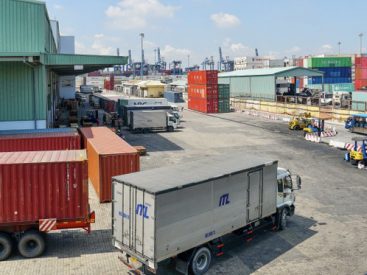Europe’s biggest economies beat expectations as business activity returned to growth, boosting the chances they can stave off recessions. Gauges of private output in Germany and France both signaled expansion in February after pullbacks in January, while the UK’s purchasing managers’ index showed the first positive reading in six months — jumping to 53 from 48.5. In the 20-nation euro zone, activity rose at the fastest pace since May 2022. The numbers suggest the economic downturns many analysts had forecast after Russia’s war in Ukraine sent energy prices rocketing may not materialize, though the Bundesbank says Germany may yet endure a slight contraction in 2023. There are potential knock-on effects for monetary policy. As fears of economic damage recede and firmer growth underpins inflation, the European Central Bank and the Bank of England may be more inclined to push on with raising interest rates. “Growth has been buoyed by rising confidence as recession fears fade and inflation shows signs of peaking,” Chris Williamson — an economist at S&P Global, which compiled the PMIs — said Tuesday in a statement. “Manufacturing has also benefitted from a major improvement in supplier performance.” What Bloomberg Economics Says… “The euro-area composite PMI survey […]
K&X Design and Investment Technology, LLC
Invest The Invisible Impact
K&X Design and Investment Technology, LLC
Invest The Invisible Impact



